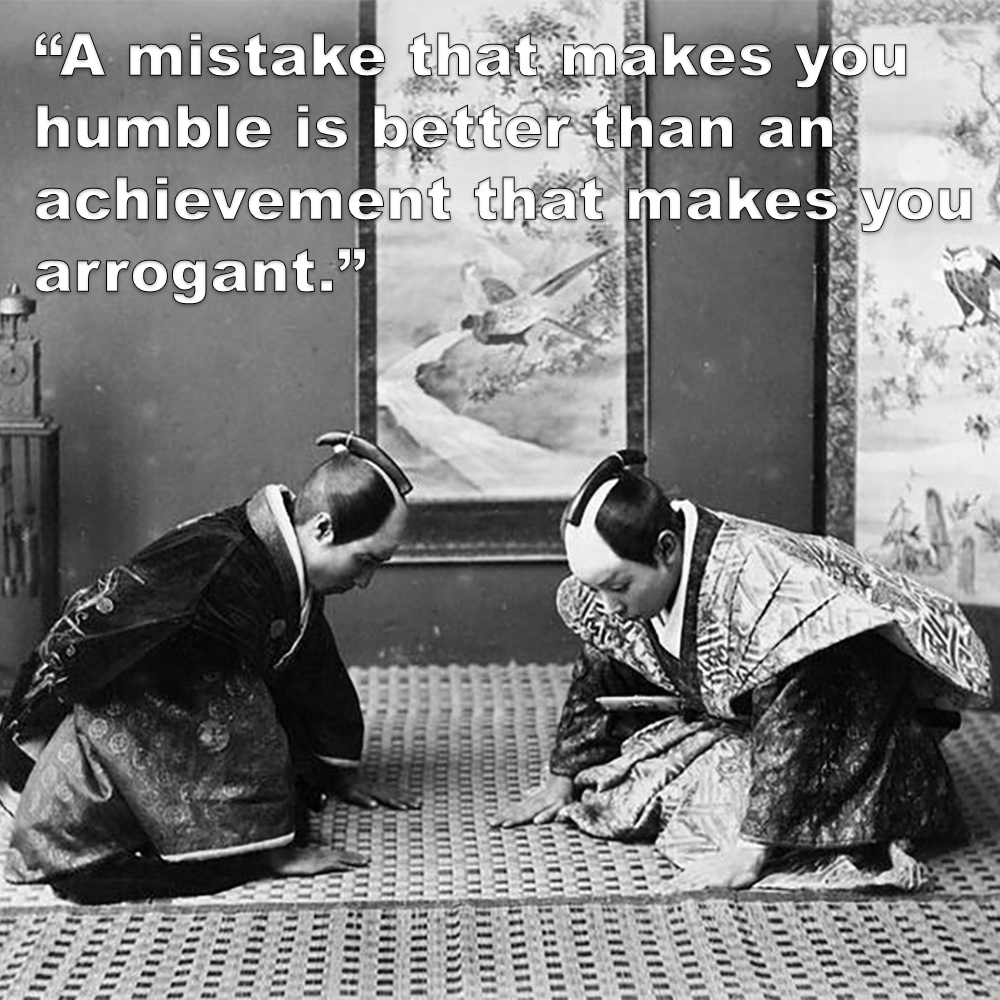
Martial arts, beyond the physical combat techniques, are a profound journey of self-discovery and personal growth. They embody a philosophy that extends far beyond the confines of the dojo.
.
Trust, honesty, and humility are core values that play a pivotal role in the martial arts. These principles are not only essential for success in combat, but also for personal development and fostering meaningful connections within the martial arts community.
.
Trust is the cornerstone of any martial arts practice. It begins with trust in your instructor, who guides you on your journey. Instructors are mentors who pass on their knowledge and wisdom….. and trust in their expertise is crucial. Students must believe that their instructors have their best interests at heart, with a commitment to their growth and well-being.
.
Trust also extends to training partners. Sparring and drills are opportunities to test your skills and develop resilience. To do this effectively, you must trust your training partners not to cause harm intentionally. The bond formed through shared sweat and hard work cultivates trust, building a strong sense of camaraderie.
.
Honesty is integral to personal growth. Being honest with yourself means recognizing your strengths and weaknesses. Martial arts practice can be physically and mentally demanding, and acknowledging your limitations is a vital step toward improvement. Instructors must encourage their students to be honest about their progress, which allows for targeted and effective training.
.
Furthermore, honesty is crucial, it’s easy to be tempted by shortcuts or deceit. However, true martial artists adhere to a strict code of ethics, ensuring fairness and displaying integrity, even in the most intense moments, which fosters respect from both students, seniors and instructors.
.
Humility is perhaps the most profound and transformative of the martial arts principles. It is often said that true mastery begins with recognizing that one is always a student. No matter how skilled a martial artist becomes, there is always more to learn. This awareness keeps practitioners and instructors grounded and open to new knowledge.
.
Humility also extends to respecting all aspects of martial arts, including its history and culture. Recognizing the deep roots and traditions, encourages practitioners to approach their practice with reverence and respect. This respect for tradition and the accomplishments of those who came before should instill a sense of humility and gratitude.
.
Trust, honesty, and humility are intertwined, creating a harmonious and balanced approach to personal development. Trust builds the foundation of the martial arts community, creating an environment where honesty can flourish. When students trust their instructors and training partners, they feel safe in their vulnerability, making them more honest about their progress and limitations.
.
Humility is the glue that holds trust and honesty together. It reminds martial artists that they are part of a broader tradition, and no one is above the principles that define the art. Instructors who lead with humility inspire trust and honesty among their students.
.
Trust, honesty, and humility are not just empty words but guiding principles that shape the character of practitioners and instructors.
.
As martial artists, we understand that it is through the cultivation of these principles that we truly master the art, both on and off the mat.
.
A humble martial artist acknowledges that their success is built upon the knowledge and support of others.
.
.
